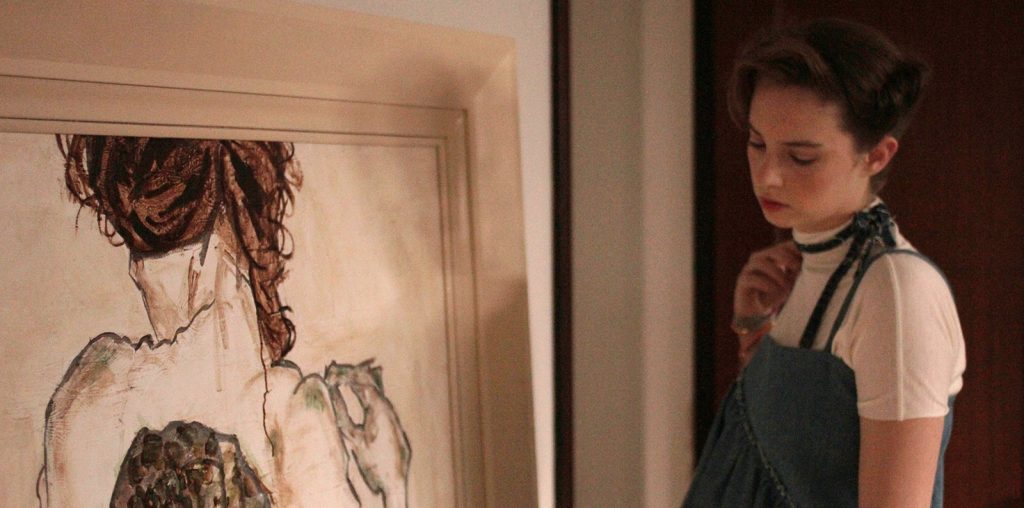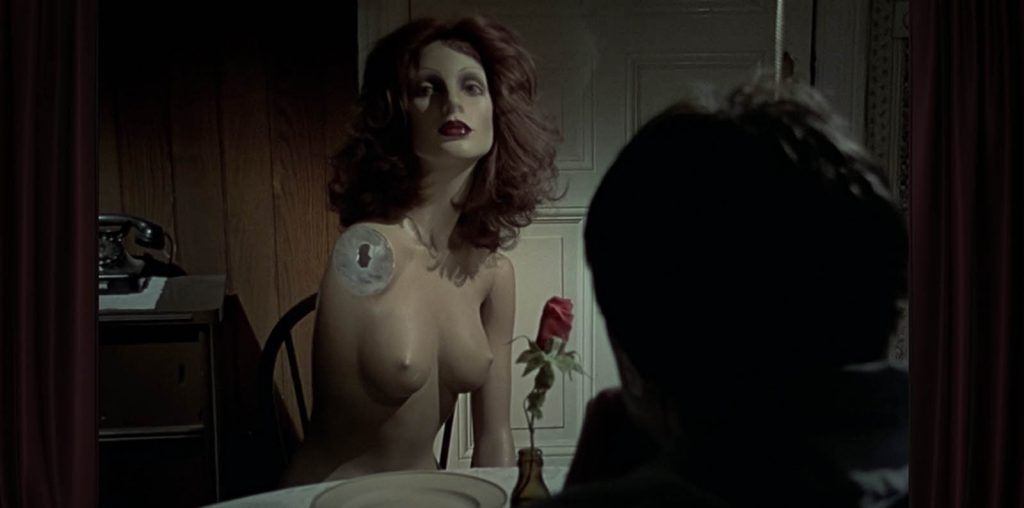
It’s rare that life turns out exactly the way you thought it would.
It certainly didn’t turn out the way Rose seemed to plan it.
Early in “A Single Rose,” the title character is sitting on her porch when a young, one-armed man named Owens comes up and offers her a gift. Reluctant at first to accept it, he plies her with a promise that if she were his girl, he’d give her presents like it all the time.
Flash forward to years later – the jewelry bid worked, and she married Owens. But he’s always traveling, on the road making the money he needs to make to keep buying her nice things.
Seeking something to do besides sitting on the porch waiting for Owens to return, Rose heads to a local bar.
It’s there that we start to get a glimpse of who Rose thought she would be. Rose confides in the woman who sings at the bar, telling her that someday, she’s going to be a famous singer.
She gets invited to sing, accepts, and heads up on stage, where she belts out a too-sexy song about coffee.
Offstage, a man hits on her. She spurns him, pointing out that she’s married.
And then it’s later again. Years later. She’s still heading to the local watering hole, singing her too-sexy songs, and her husband still is barely around. She finally says yes to one of the men who says the pretty things around her neck aren’t as important as the attention she isn’t getting.
What gives “A Single Rose” its bite is its moral ambiguity. As an audience, we’re given a “hero” who says yes to pretty things, until pretty things aren’t enough. It’s left unclear, when she finally tells Owens how lonely she is in the film, if it’s the first time she ever broached the subject. If it is, how can you blame him for not knowing? If it isn’t, is there any underlying reason he must travel to earn money?
We don’t know.
Rose sings sassy blues tunes in a small-town bar and then expects it to lack consequences. In the politically correct world, no means no – but she seems to be saying yes on a stage mere inches from the men to whom she later says no. Does that make it an invitation, or tantalization?
We don’t know.
Owens spends seventeen of the nineteen minutes of the film off-screen – one full minute showing love, and another showing just how angry he can get. Can we blame him for what he does, or how he feels?
We don’t know.
“Rose” is well made. Well sung, well acted, well written, well directed, and beautifully shot. It attempts to hold flawed people in front of us, and tell us to consider their actions for what they are.
But by the end of the film, their actions are too difficult to penetrate, and too much information is withheld to judge the people we’re asked to judge.
And perhaps that’s what life is like. And perhaps sometimes it’s valuable to watch a film like this, that leaves things so open-ended.
I don’t know.

